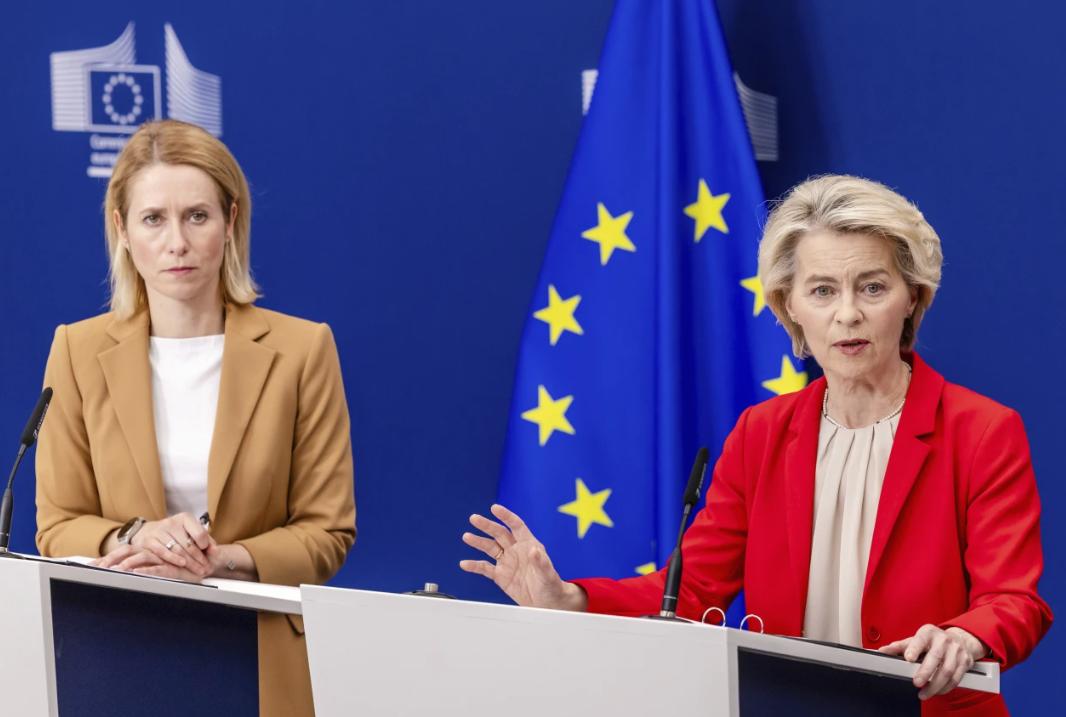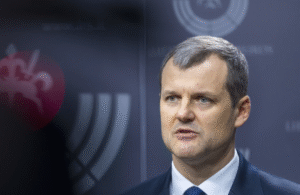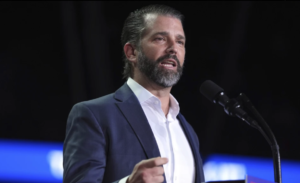The European Union is planning to reduce the cap on the price of Russian oil from $60 to $45 per barrel, aiming to cut Moscow’s revenue and limit its ability to finance the war in Ukraine, senior EU officials announced Tuesday.
EU foreign policy chief Kaja Kallas emphasized that lowering the oil price cap below the current market rate will significantly impact Russia’s earnings. The EU also intends to impose sanctions on the Nord Stream pipelines to prevent Russia from generating future revenue, signaling a firm stance against returning to previous business relations. For these measures to take effect, all 27 EU member states must reach a consensus.
Last year, Western allies capped Russian oil sales at $60 per barrel, but since most Russian crude was priced below this, the limit had little practical effect unless prices surged. Oil revenues remain vital for Russia’s economy, enabling President Vladimir Putin to fund military operations while maintaining domestic economic stability.
European Commission President Ursula von der Leyen expects the Group of Seven (G7) leaders to discuss and agree on the new price cap during their summit in Canada from June 15 to 17. She noted that the U.S. and its G7 partners recognize the current cap’s diminished effectiveness due to falling oil prices and support lowering it to $45.
The Nord Stream pipelines, intended to transport Russian gas to Germany, have been out of operation since being sabotaged in 2022. The explosions remain a mystery, but the EU aims to impose sanctions on the pipeline operators to deter future use and investment.
Von der Leyen highlighted the drastic drop in Russia’s fossil fuel revenue from Europe, which fell from 12 billion euros ($14 billion) per month at the start of the war to just 1.8 billion euros now.
The EU’s new sanctions will also target Russia’s banking sector, restricting the Kremlin’s capacity to raise funds or conduct financial transactions. Measures will affect 22 additional Russian banks. An export ban valued at about 2.5 billion euros will be introduced, along with asset freezes on over 20 Russian and foreign companies accused of supporting Russia’s military efforts.
Von der Leyen stressed that these sanctions aim to push Russia toward meaningful peace negotiations with Ukraine. “We need a real ceasefire, and Russia must come to the negotiating table with a serious proposal,” she said.
Since Russia’s full-scale invasion of Ukraine in February 2022, the EU has imposed multiple sanction rounds, targeting roughly 2,400 individuals and entities, including government bodies, banks, and organizations. The latest sanctions, enacted on May 20, focused on nearly 200 vessels involved in Russia’s sanction-evasion tanker fleet and tightened trade restrictions to prevent goods that could aid the Russian military from reaching the country.













